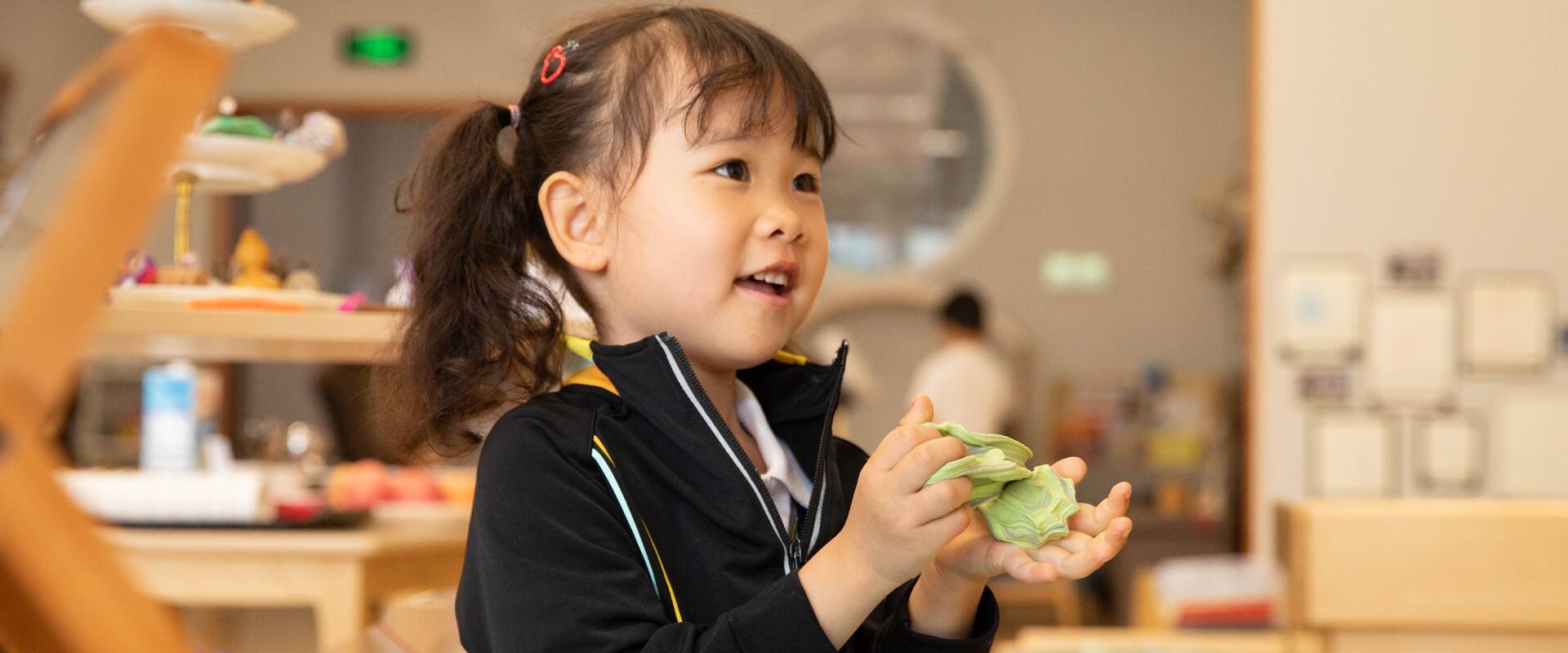
Jenny Guo
Assistant Head of Early Years
When hearing the phrase data and assessment, many people might instantly think of standardised tests, score driven and complicated charts and graphs. You might also be wondering how it is possible to conduct formal assessments with 2–6-year-old children.
What does assessment look like at
Huili Nursery Hangzhou?
Prioritising Wellbeing and
Involvement
Leuven Scale
In fact, at Huli Nursery Hangzhou, data and assessment are never paper tests. We firmly believe that wellbeing and involvement are the key to deeper understanding and learning. A child cannot learn anything if they are not happy and feel disengaged. As a result, a big focus in our assessment system is the Leuven scale. This five-point scale allows teachers to measure children’s emotional wellbeing and involvement through daily observation.
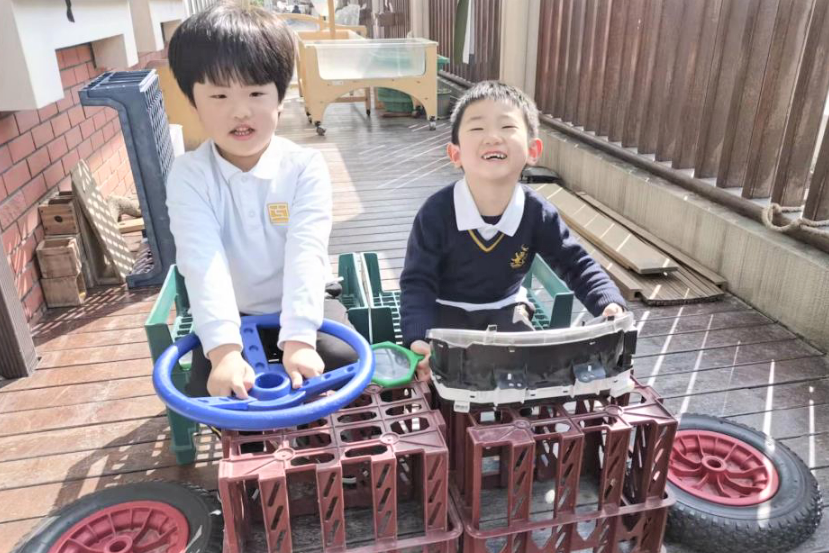
Teachers try to create a safe and welcoming community where strong connections are formed, and children can feel a sense of belonging, which is essential to achieving high wellbeing and involvement.
Areas of Learning
Then teachers look at specific areas of learning within our curriculum. There are nine areas of learning and development that shape our educational programmes. Each has a set of desired and age-appropriate learning outcomes. Take mathematics as an example:
These are some maths learning outcomes for EY2. You might find it quite dull to read. But our teachers are experts in turning these statements into fun activities. With these specific learning targets in mind, our experienced teaching team set up a variety of provocations and designed different activities in the classroom accordingly.
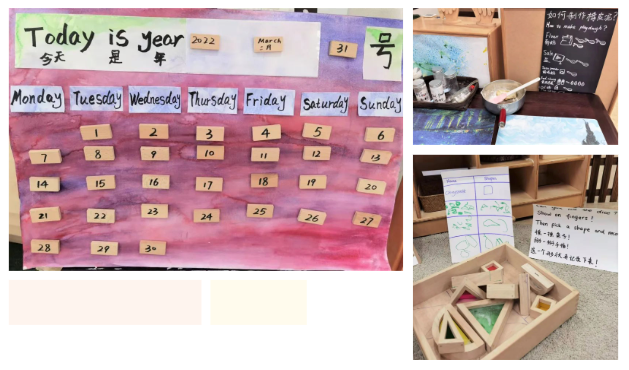
When you walk into an EY2 classroom, you might see a child going over the calendar with a teacher, trying to figure out what date is today; at the art table, you would see a couple of children busily making play dough by reading a child-friendly recipe; at the construction area, you would probably find some children using lots of blocks to build a castle while learning the names of different shapes. Learning is naturally embedded in a meaningful play-based setting.
How do assessment and data support differentiation?
Every child is unique. Knowing that children develop and learn in different ways and at different rates, teachers conduct an observational assessment as the children engage in independent play, then record individual evaluations of each child.
Take EY4 as an example. Teachers are fully dedicated to preparing children for primary at this time of the year. One of the academic focuses is English literacy. Teachers can easily see what a child has achieved and what they need to work on by looking at the data.
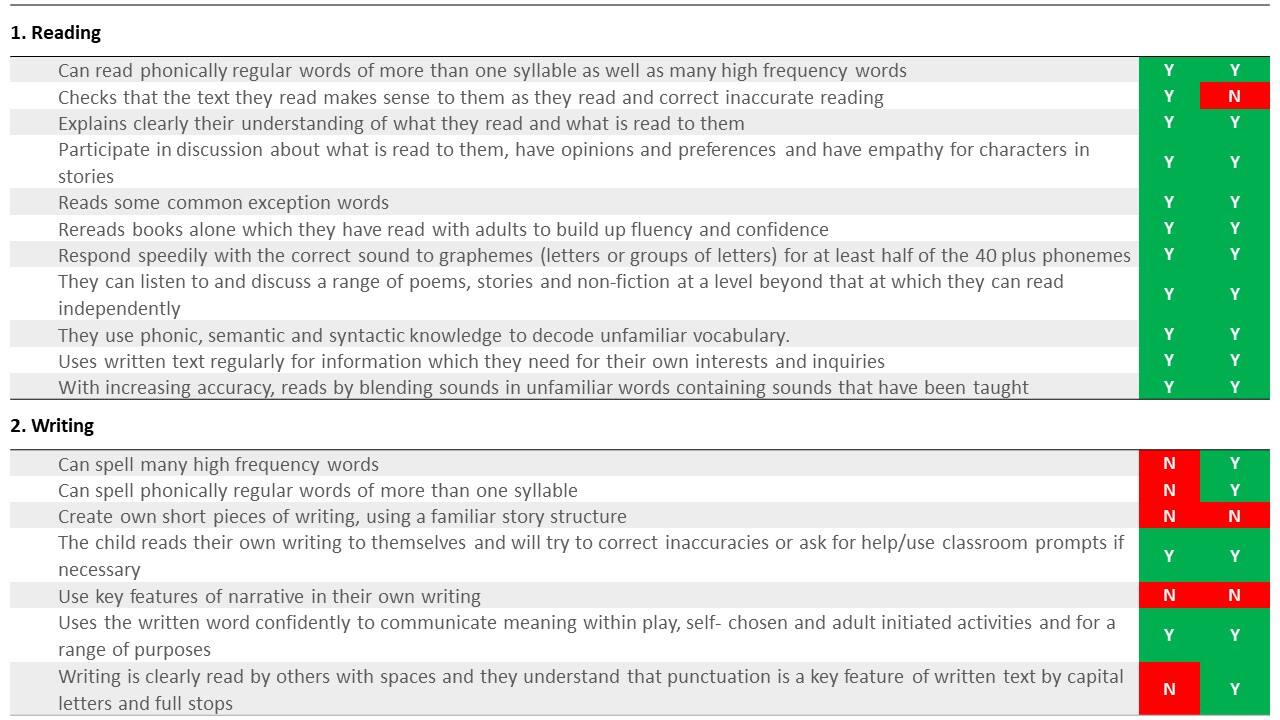
There might be a child whose goal is to spell many high-frequency words in one classroom while another child is working on reading some common exception words. By closely monitoring each child's progress and using data as a reference, teachers can design differentiated instructions that promote individualised learning. In addition, it also encourages strong partnerships between school and families. With the help of data, teachers can clearly communicate with families every individual pupil's progress and growth areas so that parents can better support their child's learning at home.
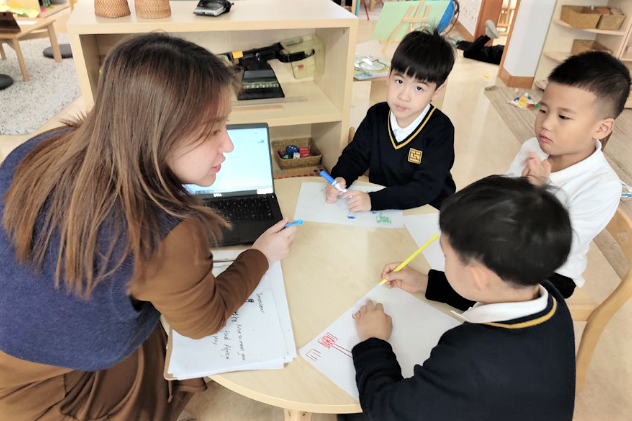
In conclusion, Huili Nursery Hangzhou aims to allow pupils to develop themselves fully in every sense. This comprehensive data and assessment system is an essential tool for building an inspiring, fun and rigorous learning environment where children can explore, learn and discover their interests, passions and talents.